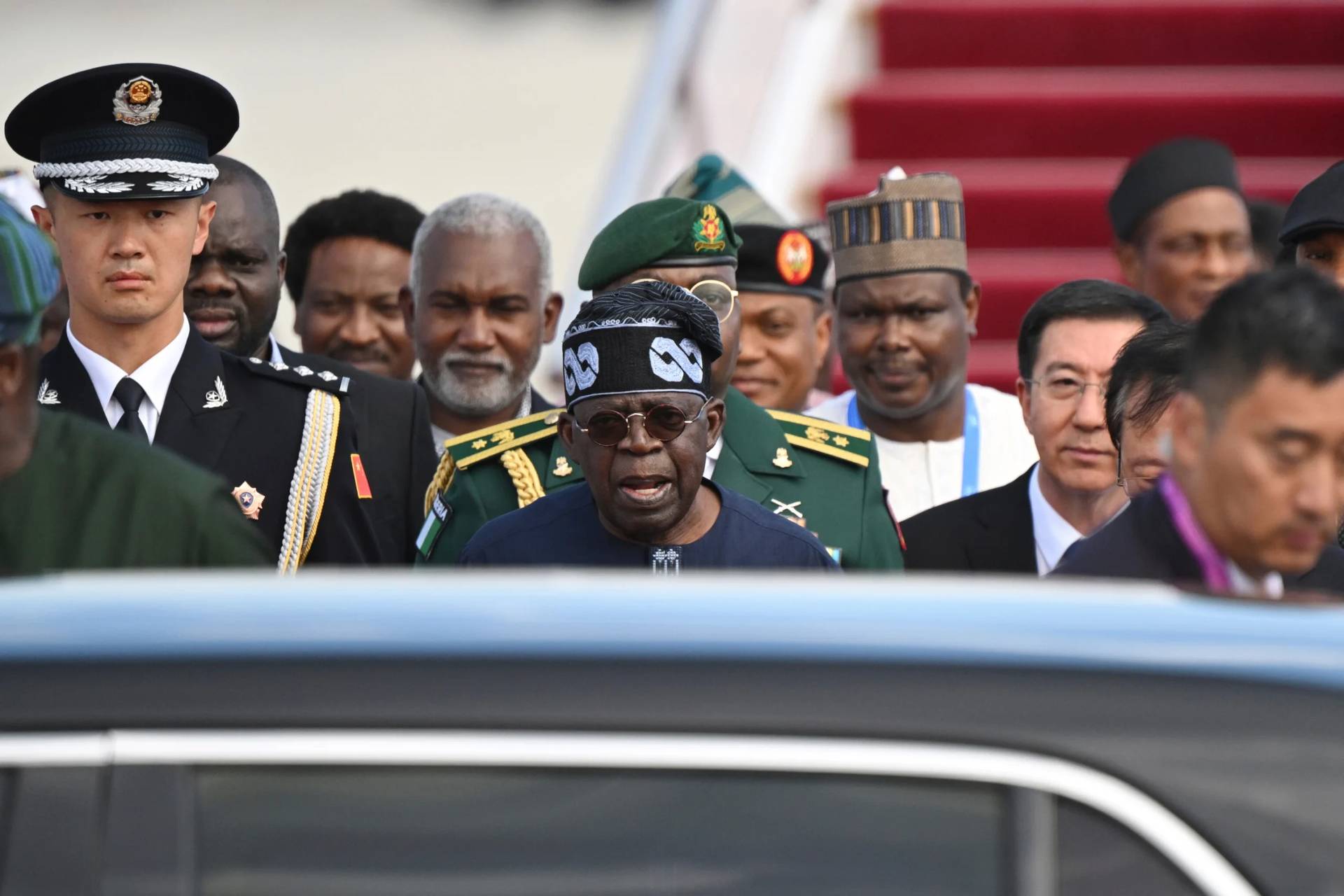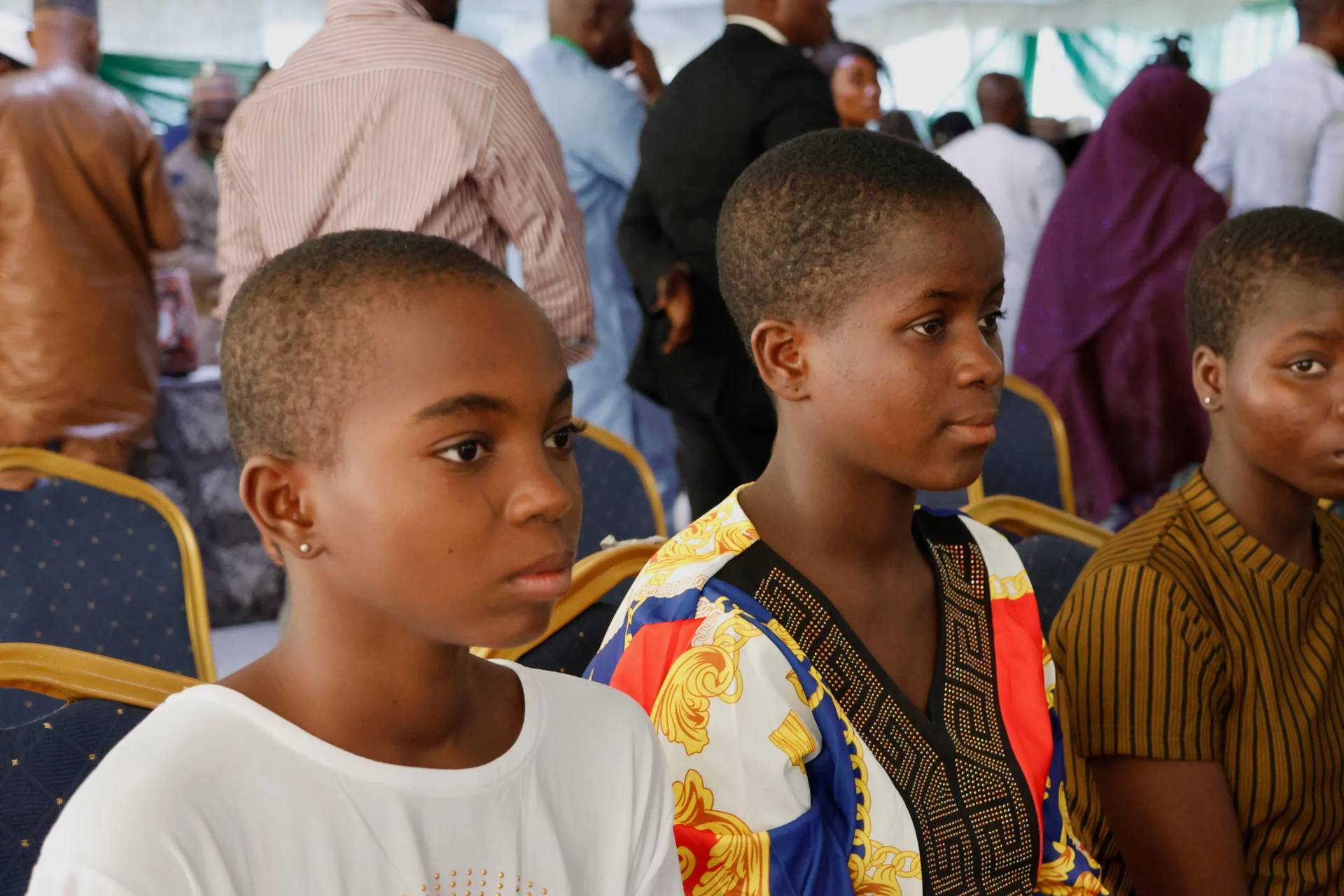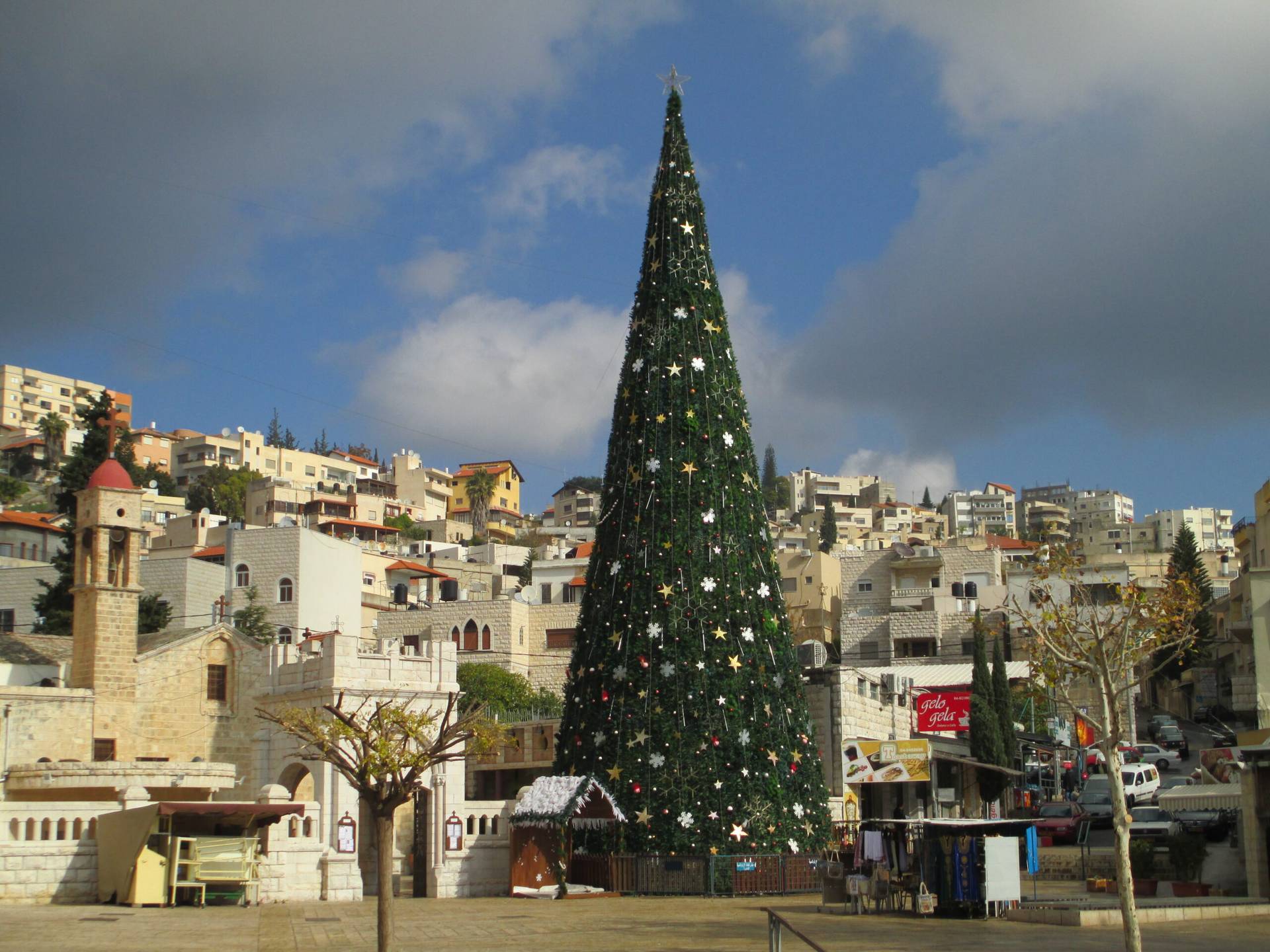YAOUNDÉ, Cameroon – In the tense political climate in the Democratic Republic of Congo ahead of Dec. 23 general elections, candidates are being called on to run campaigns rooted in Christian values.
Bishop Bernard Emmanuel Kasanda Mulenga issued an Oct. 16 pastoral letter to Catholic candidates in local, regional, and national elections urging them to run an “electoral campaign devoid of violence.”
Catholics make up nearly half of Congo’s 80 million people, and the nation’s bishops are held in high esteem.
RELATED: Congo bishops worry elections scheduled in December will be postponed
“Our Church does not have its own candidates. But it has sons and daughters … in the line of battle for a civic competition, namely: democratic elections,” Kasanda Mulenga said.
“Let me tell you, my dear sons and daughters, that I admire your courage and especially your determination to plunge into the water, despite the waves,” the bishop continued.
“Certainly, to participate in public life is a civic and political right. This right is directly tied to your vocation as lay faithful.”
Drawing a contrast with career politicians who think more about themselves, the bishop said Catholics going into politics must consider themselves first as servants of the people.
“You are called upon to be the salt of the earth and the light of the world,” the bishop said, noting that their duty will be to bring evangelism into the political realm in order to sanitize it.
Kasanda Mulenga said the involvement in the democratic process in the spirit of the constitution and the St. Sylvester Accord shouldn’t be confused only with a desire to change the current leadership of the country.
Congolese President Joseph Kabila has been in office for over 15 years, taking over from his father, Laurent-Desire Kabila, who was assassinated in 2001. In 2006, an election confirmed him in his post. He was re-elected for a second mandate in 2011.
After Kabila’s failure to step down after the end of his second term in December 2016 as mandated by the constitution, protests left dozens of people dead.
On December 26 – the feast of St. Sylvester – an agreement overseen by the Catholic hierarchy was reached.
The 2016 St. Sylvester Accords called for power sharing between Kabila’s party and opposition parties in the buildup to a presidential election at the end of December 2017, in which Kabila would not be a candidate.
The elections never took place, being delayed for a year. Kabila though will not be a candidate in the election, having succumbed to intense pressure to step down from office, especially from the Catholic Church. His party, the People’s Party for Reconstruction and Democracy (PPRD), will be represented at the polls by a Kabila loyalist and hardliner, Emmanuel Ramazani Shadary.
Kasanda Mulenga said the next election is about “a need to change the vision of power in man.”
“I expect from you an exceptional electoral campaign, devoid of violence and mutual attacks, devoid of any offensive and demagogic remarks,” the bishop said.
He called on the candidates to propose realistic projects that can improve the lives of the Congolese people, and to redouble their efforts to safe-guard the integrity of the electoral process.
“May clientelism, tribalism and corruption be very far from you,” he said.
Kasanda Mulenga cautioned against the tendency in Africa, where genuine losers in an election refuse to concede defeat.
“Be artisans of peace in our country that has been unjustly torn apart by conflicts.”
Concerns over fairness
Even though Kabila will not be a candidate, there are still concerns that the electoral process may not favor a free and fair election.
Recently, the bishops sent a delegation to Zambian President, Edgar Lungu, in his capacity as chair of the Southern African Development Community (SADC)’s Organ on Politics Defense and Security Cooperation.
RELATED: Congolese bishops seek help from regional bloc to ensure free, fair poll
“”We … are concerned about the current state of the electoral process of our country. We are convinced that only a credible, transparent, inclusive and peaceful election is the real solution and peaceful way out of the socio-political crisis that our country has been going through since 2016,” the bishops told Lungu.
They said they believed the regional body could “help the Congolese people come out of this crisis to win the challenge of organizing a worthy, credible, transparent, inclusive and peaceful election.”
The bishops said they were worried that Kabila was still brutally suppressing political protests by opposition figures, and therefore the electoral process was not seen to be free and fair.
“If the issues raised are not well resolved, we risk either not to have an election on December 23, 2018, or to have a biased election. In either case, the lack of a credible, inclusive and peaceful election could lead the DRC into violence or chaos which could enflame the entire Great Lakes sub region,” the bishops warned.

















